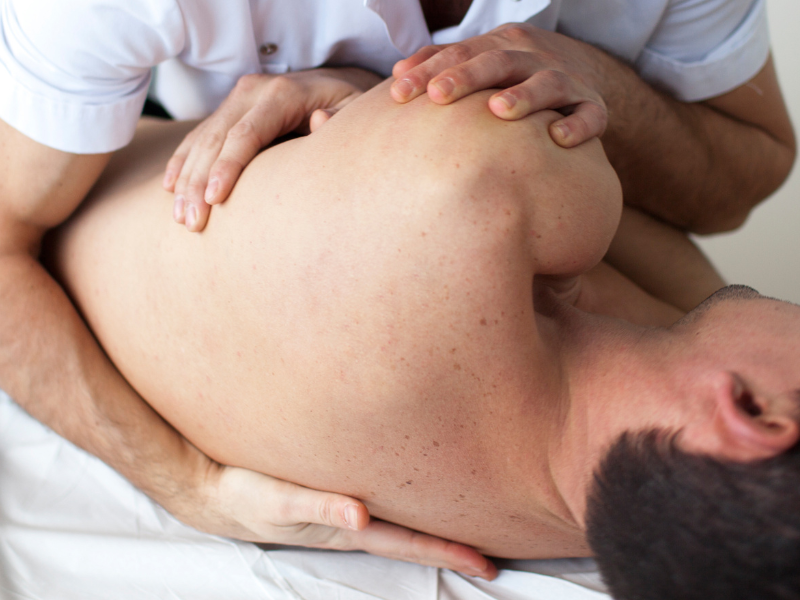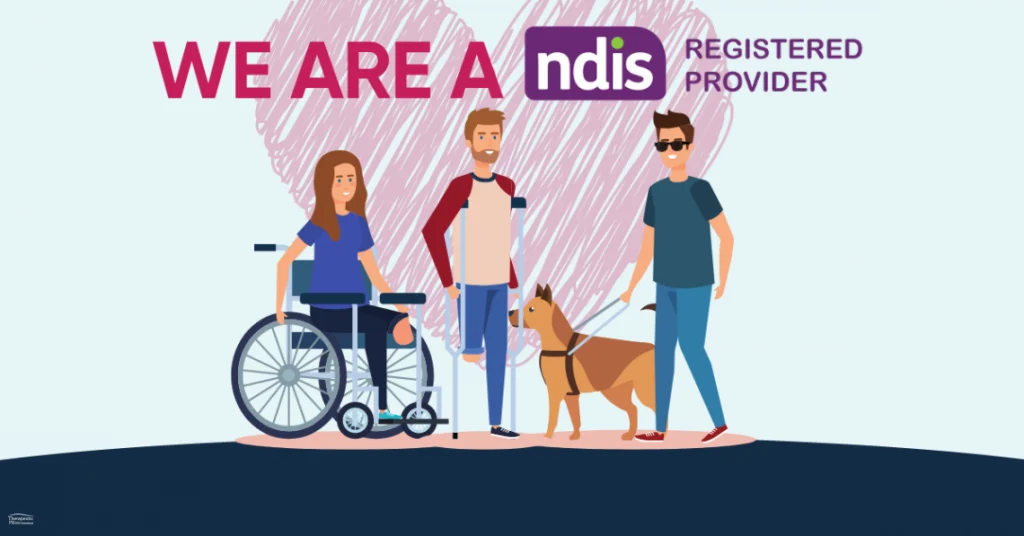You and your baby will rest better if you choose the right position.
Your partner and you are all excited – when you learn that you are pregnant – and going to be a mother very soon. The good news reaches out to your family, friends and loved ones. Everyone is ecstatic.
Soon, you are making regular visits to the doctor, undergoing important tests – and getting all the necessary information regarding the dos and don’ts of pregnancy.
From the starting point of healthy nutrition and changes in your body – to morning sickness and pregnancy exercises – it can get quite overwhelming, as you begin to take this beautiful and yet challenging journey.
During the first trimester of your pregnancy – you may sleep more than usual. Your entire body is working hard in order to nurture, protect and develop your growing baby. During this time, it is normal for you to feel tired and sleep for longer hours.
However, during the later stages of pregnancy, almost all pregnant women complaint
Sleeping positions
On your stomach:
It is fine to sleep on your tummy during the early stages of your pregnancy.
However, as you progress, it is highly important that you switch and try to quickly adapt yourself to a safer position – as sleeping on your stomach is dangerous for your growing baby.
On your back:
During your first trimester, you do not have to worry about your sleeping position. However, when you are in your second trimester – you will have to try your best not to sleep on your back.
One of the key reasons you should not lie on your back is because your uterus tends to apply pressure on the vein that returns blood to your heart.
Subsequently, if you continue to lie in the same position for a longer duration – it could limit the right amount of nutrients and blood – to reach your placenta and your growing baby. Additionally, there will be moments when you will feel nauseous and dizzy.
On your right-hand side:
During the later stages of pregnancy – sleeping on your right-hand side is way better than lying on your stomach or your back.
However, doctors would always recommend that you do not lie in this position – because it increases the pressure on your liver. Anything that adds pressure to your internal organs is not good for you and your baby.
On your left-hand side:
Right from the start – your doctor will highly recommend that you sleep on your left-hand side. With this position, your heavy uterus will not put pressure on your liver. This position will not restrict the blood flow as well. It will help improve the circulation – and therefore there will be optimal flow of blood reaching your growing baby and your entire body as well. In addition, through the placenta, your growing baby will continue to receive the right amount of blood, nutrients and oxygen.
You do not have to worry or get upset when you wake up on your right side or on your back. Shifting your position during your sleep is a normal process that you cannot control. However, it is paramount – that right from the beginning, you need to develop the habit of sleeping on your left-hand side.
However, there are instances when you will shift onto your back – and that’s the time when your baby's weight will start applying pressure on your vein – the inferior vena cava. There will be a form of discomfort and you will probably wake up.
In all probability, during your third and final trimester, it will get too uncomfortable if you are in the back-sleeping position. You will instantly realise and automatically shift to the apt position.
There are high chance that during the later stages of your pregnancy, your baby bump will instantly make sure that you maintain or sleep on your left side. On the other hand, you could also ask your partner to help you gently slide to your left. Even if he is fast asleep, wake him up. It is certain he wouldn’t mind helping you.
A study was conducted in Auckland, New Zealand relating to the benefits of sleeping on the left. When pregnant women sleep on their left-hand side – on the last night of their pregnancy, the risk of stillbirth is halved. About this – it comes to a point when getting a good night’s sleep becomes really difficult. In certain cases, a daunting task.

So, how can you improve your quality of sleep during this crucial period?
By habit, you may enjoy sleeping on your back or stomach. However, this sleeping position has to change.
A doctor would always recommend that if you are pregnant – or in the early stages of your pregnancy – you need to start developing the habit and learn how to sleep on your sides.
As you progress with your pregnancy – one of the most comfortable positions is to lie on your left side with your knees bent. It will also prevent the weight of your baby – from applying pressure on a large vein – known as the inferior vena cava. This vein plays an important role by carrying blood back to your heart from the feet and legs. In addition, this position will put less pressure on your heart and it will function more efficiently when compared to the other sleeping positions.
But what are the other common physical symptoms that will prevent you from sleeping well at night?
Frequent visits to the bathroom:
During the time of pregnancy, your kidneys begin to work harder. They tend to filter the increasing volume of blood that is moving through your body. There is an increase of 30%-50%. It is more than you had before your pregnancy. Later, this filtering process results in more urine.
In addition, as your baby is growing – therefore, the uterus is getting bigger too. Subsequently, your bladder experiences an increase in pressure as well. It results in you making more trips to the bathroom – both day and night.
Moreover, if your baby is more active during the night – it is observed that the number of night-time visits to the bathroom increases.
Breathing:
As your uterus enlarges it begins to take up more space. A muscle just below your lungs – known as the diaphragm begins to feel the pressure. This leads to difficulty in breathing.
By the increase in pregnancy hormones, your breathing may be affected. You will notice that you are taking in deep breaths, and you'll feel that you are working harder – in order to get air.
Heart rate increases:
During pregnancy, your heart will begin to pump more blood in order to reach the uterus. On the other hand, your heart begins to work even harder because it needs to send a sufficient amount of blood to the rest of your body. This leads to an increase in your heart rate.
Backaches and leg cramps:
As you begin to put on the extra weight – you will start experiencing pain in your back and legs. In addition, during this period your body begins to produce a hormone known as relaxin. This hormone prepares you for childbirth.
Pregnant women become less stable – as relaxin tends to loosen their ligaments throughout the body. Subsequently, they are more prone to injury – especially when it comes to their backs.
Constipation and heartburn:
During the pregnancy period, your entire digestive system slows down. The food present in your stomach and intestines continues to stay for a longer duration. As the uterus continues to grow – this also applies pressure on the stomach or large intestine – leading to heartburn and constipation. These factors lead to constipation and heartburn.
Many pregnant women also experience heartburn. This mostly occurs when the contents of the stomach tend to bounce back up, into the oesophagus.
Weight:
Mostly in the later stages of pregnancy, a lot of women find it hard to get good and uninterrupted sleep.
Generally, it also gets complex as you try to find a comfortable sleeping position. This is because your body is undergoing a major change – it is the increasing size of your foetus. As you progress with your pregnancy – and as you increase in size – even shifting or moving around in your bed becomes difficult at night. This results in interrupted and lower quality of sleep.
Additionally, during your pregnancy, the placenta is an organ that begins to develop in your uterus. Its function is to provide nutrients and oxygen – and also remove the waste products from your growing baby. Your body is working hard to produce more blood. In addition, your heart is pumping blood at a faster rate than usual.

What are some of the other probable reasons?
With so many different kinds of changes taking place in your body – your quality of sleep does get affected.
Stress:
Stress tends to be one of the major causes as well. You may be worrying about your abilities as a parent, the finances, and your baby’s health or nervous about the delivery as well.
Dreams:
During this period – pregnant women have mentioned that their dreams become more vivid than before – and some of them also experience nightmares.
If you have discomfort sleeping during pregnancy, and none of the tips or pregnancy pillows seem to help, talk to your doctor to get a piece of better advice for you and your baby.
Do you want to learn more? Read our Frequently Asked Questions for...
The sleeping position during early pregnancy can have an impact on both the mother's comfort and the baby's well-being. It is generally recommended for pregnant women to sleep on their left side. This position helps improve blood circulation to the placenta and allows for better oxygen and nutrient flow to the baby. Sleeping on the left side also helps relieve pressure on the liver and reduces the risk of developing swelling in the legs, ankles, and feet. However, it is important to note that finding a comfortable sleeping position is crucial, so if sleeping on the left side becomes uncomfortable, it is acceptable to switch to the right side or try using pillows for support.
On the other hand, sleeping on the back should be avoided during pregnancy, especially in the later stages. This position can put pressure on the inferior vena cava, a major vein that carries blood from the lower body to the heart. This pressure can lead to dizziness, low blood pressure, and reduced blood flow to the baby. It may also cause backaches, hemorrhoids, and digestive issues for the mother. Therefore, it is advisable to prioritize sleeping on the left side while pregnant, but ultimately, finding a comfortable position that allows for a good night's sleep is essential for both the mother's and the baby's well-being.
 0
0 0
0








